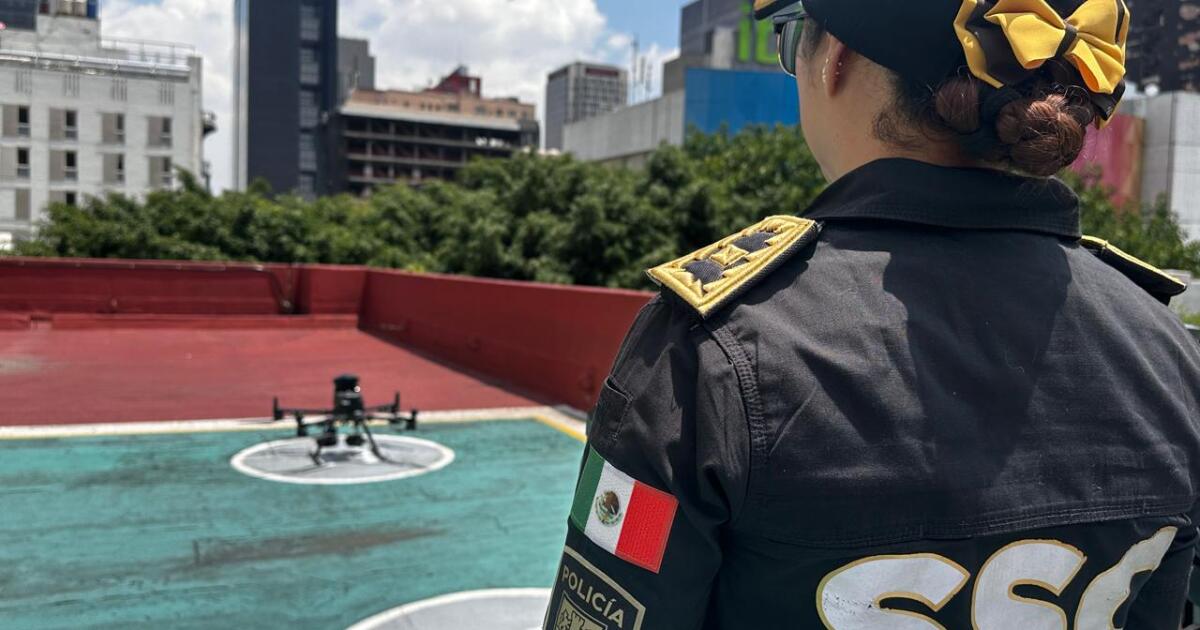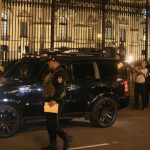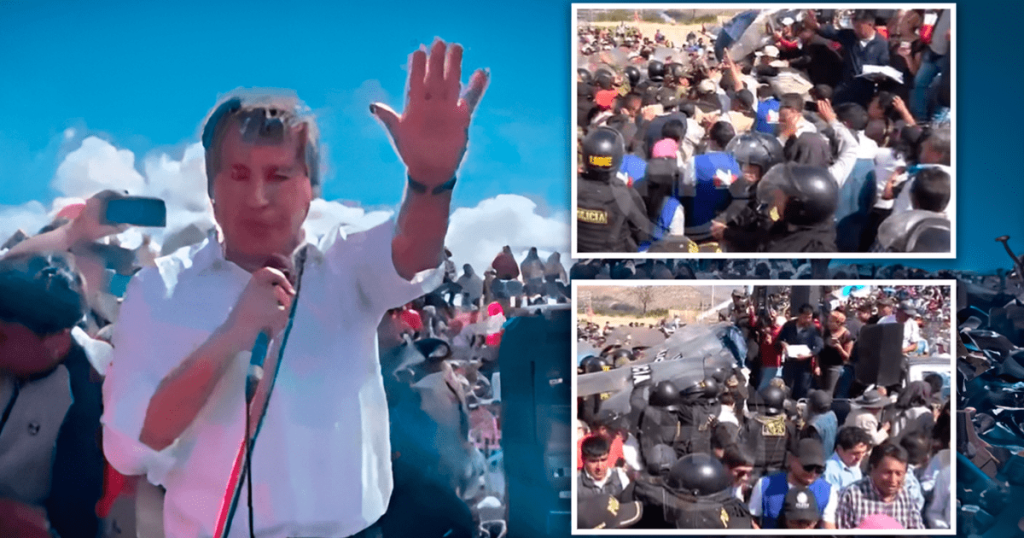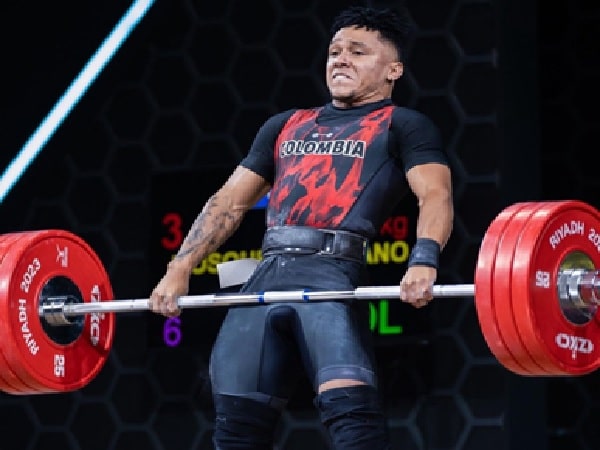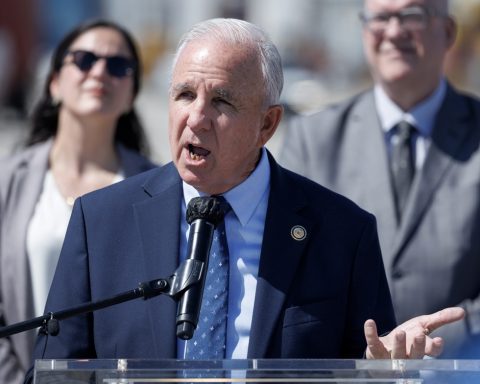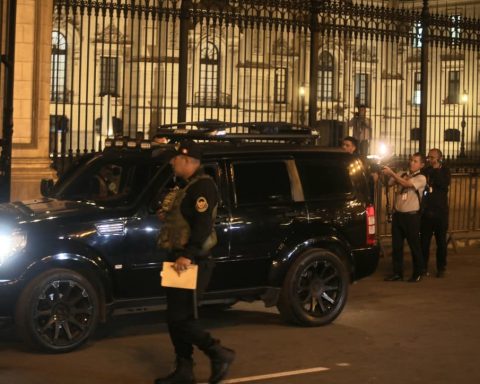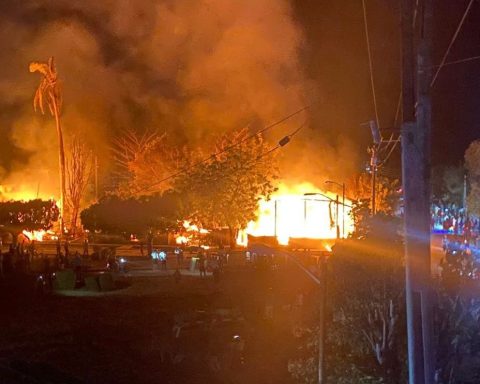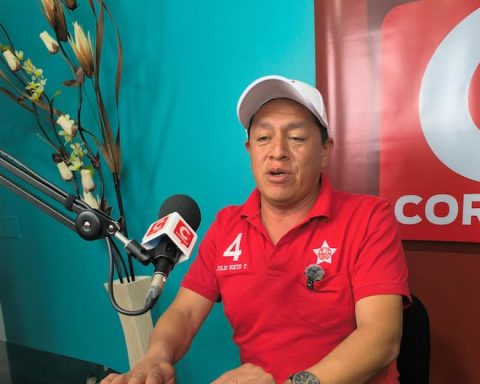Technology at the service of security
For Adrian Peña, member of the Federal Civil Aviation Agency’s drone operational safety committee, the use of this technology for security is not new, since since World War II, the United States, Russia and Germany have used unmanned units for intelligence work.
However, the technology used by the capital’s police and some federal corporations seeks to directly attack security targets, without putting uniformed officers at risk, in areas such as combating organized crime groups.
The expert therefore warned that it is very important that security drone operators be well looked after and their identity protected, as they may be targeted by criminal groups.
“The drone squads of some organized crime cartels have highly specialized personnel and can even kidnap operators to teach them how to build and operate the devices for purposes contrary to security,” said Peña.
In areas of the states of Michoacán and Guerrero, entire communities have been displaced by criminal groups that use drones to seize their territories.
They go for regulation
Javier Ramos, a deputy from Mexico City for the Green Party, presented an initiative in March 2024 to reform the law regulating the use of technology for public safety in the area of drones, facial recognition cameras and artificial intelligence.
In an interview, the legislator stressed that although there are technological innovations adopted by the capital’s police, what his proposal seeks is not only to provide the authorities with tools and resources, but also to protect the human rights of citizens.
The initiative states that authorities must not only have drones, but also clear and transparent protocols for storing information collected through aerial security cameras, guaranteeing privacy and the protection of fundamental rights of the capital’s residents.
“These technologies are meant to help, and it is very important that they go hand in hand with respect for human rights because this is an issue that has concerned citizens,” he said in an interview.
For his part, expert Adrián Peña stressed that anyone who handles a drone, even if they are an authority, is subject to the Federal Civil Aviation Law.
“Police officers can say that I am the authority and I can do whatever I want, but that is not the case. Any police officer or authority that uses drones has its most delicate and important barrier, which is the regulation for coexisting with civilians. General aviation and civil aviation are the mother of drones,” he points out.
The initiative by Deputy Ramos has been submitted to the Congress of Mexico City, but has not been approved by the commissions of the legislature that ends on August 30.
